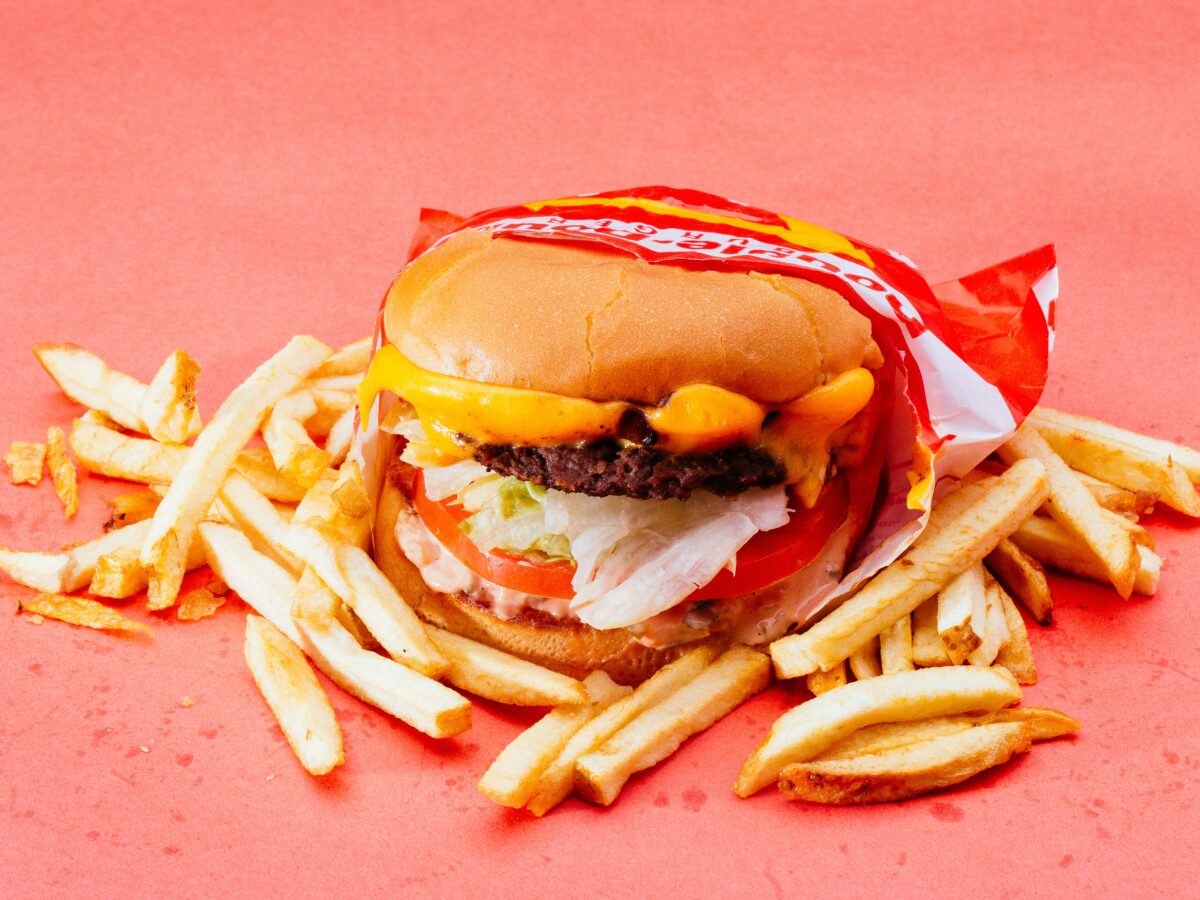In our fast-paced modern world, convenience often takes precedence over nutrition. Ultra-processed foods, laden with additives, artificial flavors, and excessive sugars, have become a staple in many diets. However, a recent NPR article titled "Ultra-Processed Foods Pose Health Risks, Including Weight Gain" delves into the alarming health implications associated with these highly processed food choices. As we navigate the intricacies of our dietary landscape, understanding the impact of ultra-processed foods on our health is crucial.
The Rise of Ultra-Processed Foods:
Ultra-processed foods are a category of convenience foods that undergo multiple stages of processing, often resulting in altered flavors, textures, and nutritional profiles. Examples include sugary cereals, packaged snacks, fast food, and sugary beverages. These products are designed to be convenient, affordable, and highly palatable, appealing to our taste buds and cravings.
Linking Ultra-Processed Foods to Weight Gain:
The NPR article underscores the link between ultra-processed foods and weight gain. A growing body of research indicates that these foods may contribute to overeating and obesity. The convenience of these products, combined with their addictive flavors, can lead to excessive consumption and a higher intake of empty calories. This, in turn, disrupts the delicate balance between energy intake and expenditure, often leading to weight gain over time.
Understanding the Mechanisms:
The hidden dangers of ultra-processed foods lie not only in their calorie content but also in their effects on satiety and metabolism. These foods are often low in essential nutrients and dietary fiber, which are essential for promoting a feeling of fullness and regulating hunger. The lack of these components can result in overeating and an increased likelihood of weight gain.
A Call for Mindful Eating:
The NPR article encourages readers to adopt a more mindful approach to their dietary choices. While it may not be feasible to completely eliminate all ultra-processed foods from our diets, making conscious decisions can have a significant impact. Opting for whole, minimally processed foods such as fruits, vegetables, whole grains, lean proteins, and nuts can provide essential nutrients, promote satiety, and support overall health.
Empowering Consumer Choice:
As consumers, we have the power to shape our food environment. By choosing whole foods over ultra-processed options, we can promote healthier eating patterns and contribute to our overall well-being. Additionally, advocating for clearer food labeling and increased transparency from food manufacturers can empower individuals to make informed decisions about the foods they consume.
The NPR article sheds light on the health risks associated with ultra-processed foods, particularly their role in weight gain. As we navigate our dietary choices, it's essential to prioritize whole, nutrient-rich foods that nourish our bodies and support our health. By fostering a culture of informed and mindful eating, we can take control of our diets, promote positive habits, and work toward a healthier future.
At Philadelphia Urology Associates, Dr. Bruce Sloane is a nationally renowned specialist in Men's Health issues and Age Management Medicine. Throughout Philadelphia and the surrounding areas, patients seek his expertise to treat a variety of issues, using the newest, leading-edge therapies and techniques. Dr. Sloane will find the treatments and solutions that will work best for you. If you feel that you need more information or perhaps to discuss any other men's health issues or age management, please feel free to call us at (215) 563-1199 or contact us online now!
